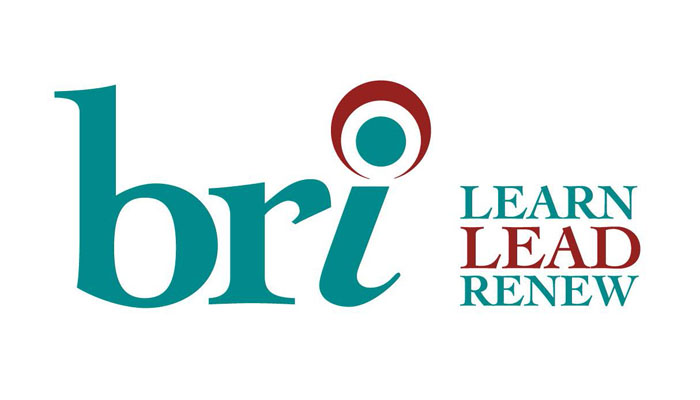When people hear that I was in the Peace Corps for almost five years, instead of the usual two, they
always respond: “Wow, you must have been really good…” to which I may smile or make a funny remark.
However, when I’m talking about leadership, or with people I’m called to lead, I tell the truth: I stayed extra
years because everything I did the first two years failed. I failed over and over again and couldn’t leave that as my contribution to the families I was brought to work with.
One of this year’s thematic questions is this: How can leaders be respected, but also admit failures
and teach others as we learn from them?
What I’ve learned in admitting my failure, how it felt, and what I learned about why and how I failed
is usually a pivotal moment. It opens me up to vulnerability, but it also allows me to share what I
learned and how I’ve changed based on my failure. It also helps create a safer space for others to
fail and learn and embrace that failures and mistakes (both small and large) are part of life, and
critical if your organization is a growing and dynamic organization.
I’m interested in knowing if any of y’all have ever opened up to your teams, your boards or your
funders about your shortcomings, mistakes or failures? What was their reaction? Does admitting
we aren’t perfect leaders make us seem weaker? Did anything come out of it as a result? I look
forward to engaging in this discussion with y’all…give me a shout if you have anything to share or
things the BRI Board needs to know or do to support you.
—Julie
Julie Smithwick
BRI President 2023-2024
presbri@blueridgeleaders.org


Recent Comments